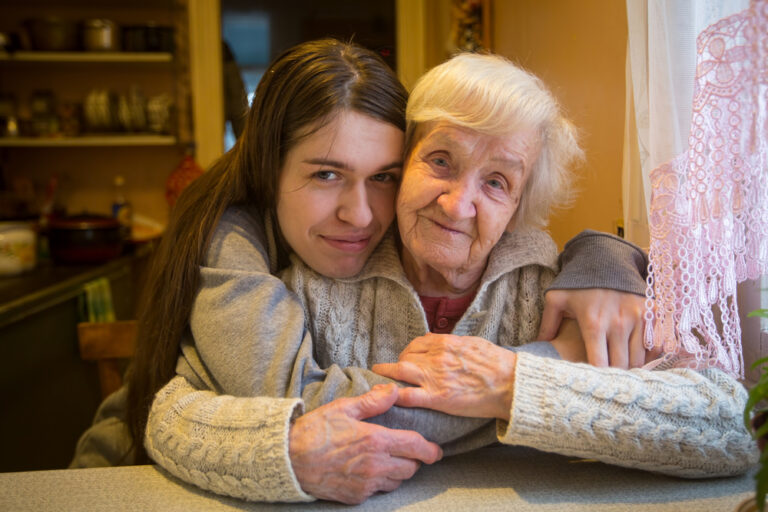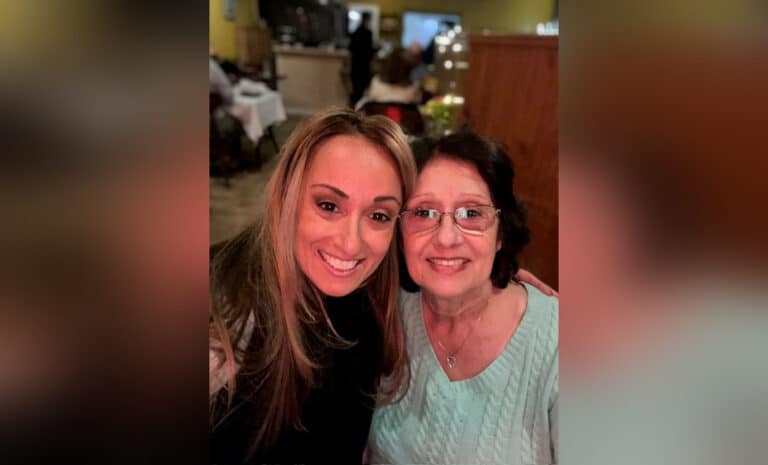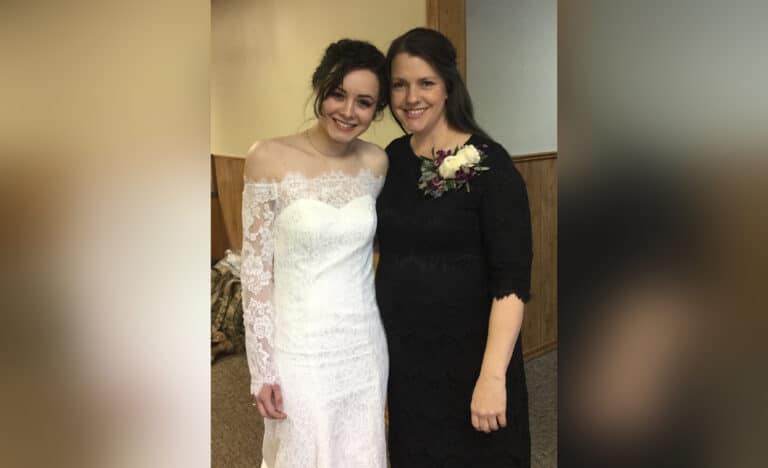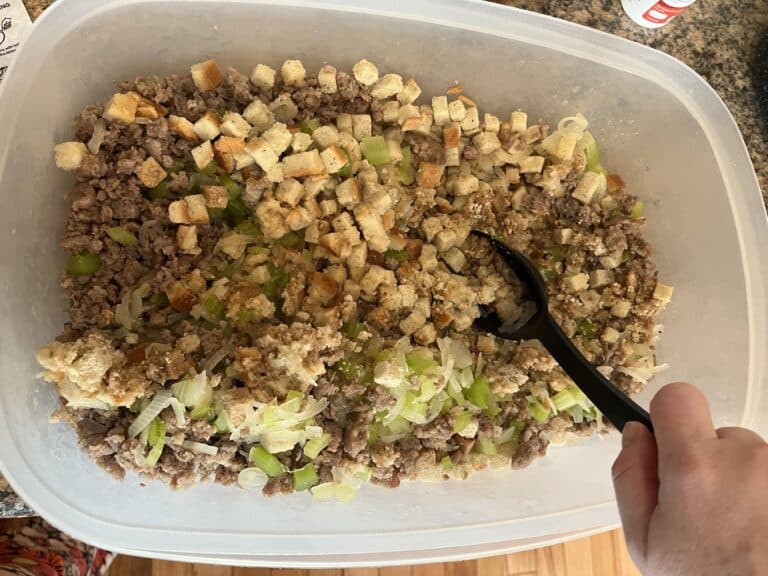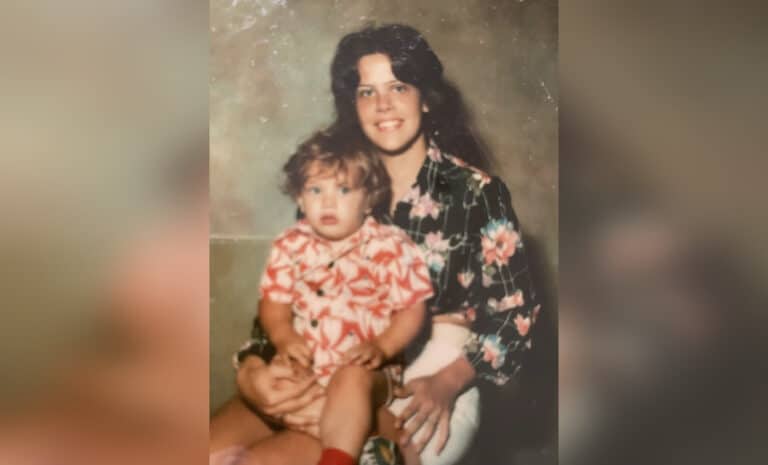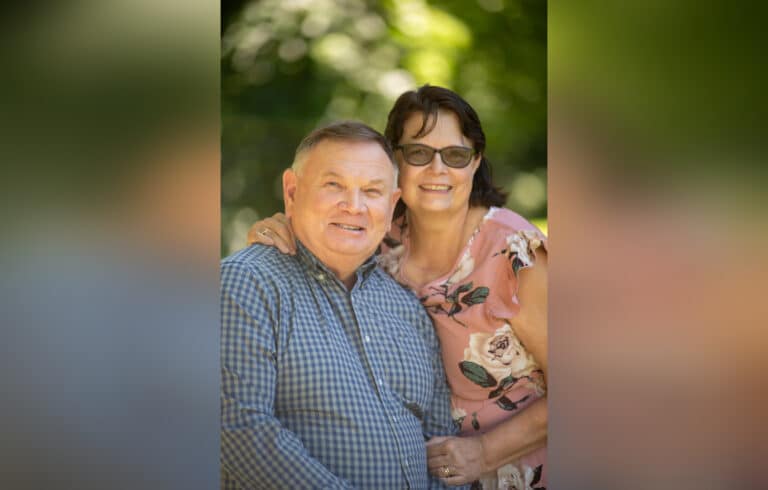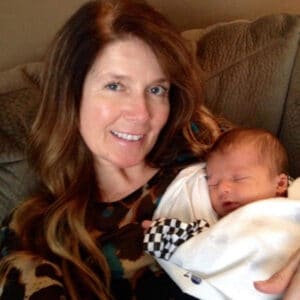While the nation discusses what will become of the children this fall, others wonder what will become of their grandparents. As a member of the sandwich generation caring for small children as well as aging parents, the crisis of elder care weighs much heavier than the back-to-school debate.
When COVID-19 abruptly shut down our lives, my mother was 72-and-a-half years old and had been spiraling deeper into dementia for more than 11 years. The situation had gotten to a point where my father needed more help, so in addition to the saintly woman who came to cook and clean for three hours a day, five days a week, we had found an adult day care facility that seemed to mentally keep my mother with us. Not only was the staff there brilliant at stimulating her and brightening her mood, but since she had begun needing help with showering and she fought us on it, this was a place we could send her for the day where she would come home happy and clean.
As quarantine progressed my mom did, too. Month after month, her mood dampened and her anger built. She wasn’t getting out. None of us were, but her mental health was suffering the most.
The breaks my father would normally get in the form of a weekend away or trip to see relatives weren’t happening. As an essential worker, I was out of the home more than ever, and my three young kids weren’t in school so I couldn’t offer the support my dad really needed.
RELATED: My Parents Are Aging and I Worry
Now, months into the pandemic, we are looking down the barrel of a grim and uncertain future. We have nowhere to turn for help. My mother needs trained professionals, my father needs a break from the constant care for a memory patient and the centers that are opening up are doing so at limited capacity at best. There is no end in sight.
We’re not alone.
So many families are in the same situation.
Here’s what we can control while we wait.
1. Schedule Breaks
New parents are often told to walk away at times and make sure to get help, so they don’t lose their minds or even injure their children. The same is true for caring for an elderly family member. Yes, this is infinitely harder in the era of COVID-19, but this is where family and friends really need to step up. This is a sacrifice for everyone. Call on even those family members or friends who haven’t helped in the past. Divide the burden and get a break. This pandemic has opened the hearts of so many and people are looking to help. So, ask!
2. Swallow Your Pride
Protect yourself and the person you care for. This means admitting to others that someone is sick or that you can’t do this alone, but there is such healing in being honest and sharing your story. Because you are not alone. If family and friends aren’t available, there are still private caretakers out there. Try Care.com, Home Helpers, or A Place for Mom. Ask for help on Facebook or tap into a local university where students may be local, but not going back to in-person classes. This will be harder than in healthier times, but it’s necessary that you don’t go too long without some relief. Even a day or two away can be exactly what you, and the person you care for, need.
RELATED: Dear Positive Pretender, It’s OK To Crack
3. Check on Your Dependent Care Spending Account
The IRS announced it is relaxing the rules regarding flexible spending accounts this year. However, it’s up to your employer to decide if they will follow suit. If you were using a DCSA to cover daycare for a loved one, you may be able to cancel your contributions altogether, and even restart again should things open by the end of the year. What you have left in your account as of now can also be used for a private caretaker as long as they are willing to have you report their social security number. The only person you can’t pay is yourself.
4. Exercise
Get moving, literally. If your patience is running thin, get up and get out. The mental benefits of a walk or moderate-intensity cardio can get you through another day. The beauty is exercise, as allowed by your doctor, can be beneficial for you and your charge. One reason adult daycare is so effective is there is usually a level of exercise included. That’s why Mom comes home tired and happy. Just as I need to take my 4-year-old out and run him every day, adults need some of that, too. So not only make sure you are getting in your activity, but your patient is, too.
5. Find Pockets of Happy
When my mom accidentally got into my dad’s medication last year, I spent a scary and stressful five hours in the ER. At one point we were in the bathroom and I needed to get my mother to pee in a cup. Imagine trying to get a non-verbal 3-year-old to pee on cue into a very small teacup. It was next to impossible. However, as I was praying to Jesus to fill my mother with some holy urine, the two of us started to giggle. It was a horrible situation, but that moment was a pocket of happy. This may be the hardest year you have been through yet and nothing seems worth smiling about, but you have to find the small nuggets of joy even in the pain. This is what makes a life.
RELATED: If Your Kids And Your Parents Depend On You, You Might Be in the Sandwich Generation
6. Lower your Expectations
I used to be scheduled out at least nine months. I have a planner with different color codes and lists that cascade up and down each page. I’ve always expected my family and life to work on a schedule. But these days, that isn’t a reality. We’ve all had to lower our expectations of what life looks like and where it’s going. Especially with a sick patient, the bar will be lowered time and time again. We’ve gone from the expectation of her being cleaned every day to once every three. I used to expect she would know me and her grandkids, but now I only expect she will possibly know who she is. There is no longer an expectation of a good day, but perhaps a good few hours. This is not going to be an ideal situation. You don’t have any control over anything except your expectations. Lower them often and be delighted when they are met.

If you liked this, you'll love our book, SO GOD MADE A MOTHER available now!
Order NowCheck out our new Keepsake Companion Journal that pairs with our So God Made a Mother book!
Order Now

